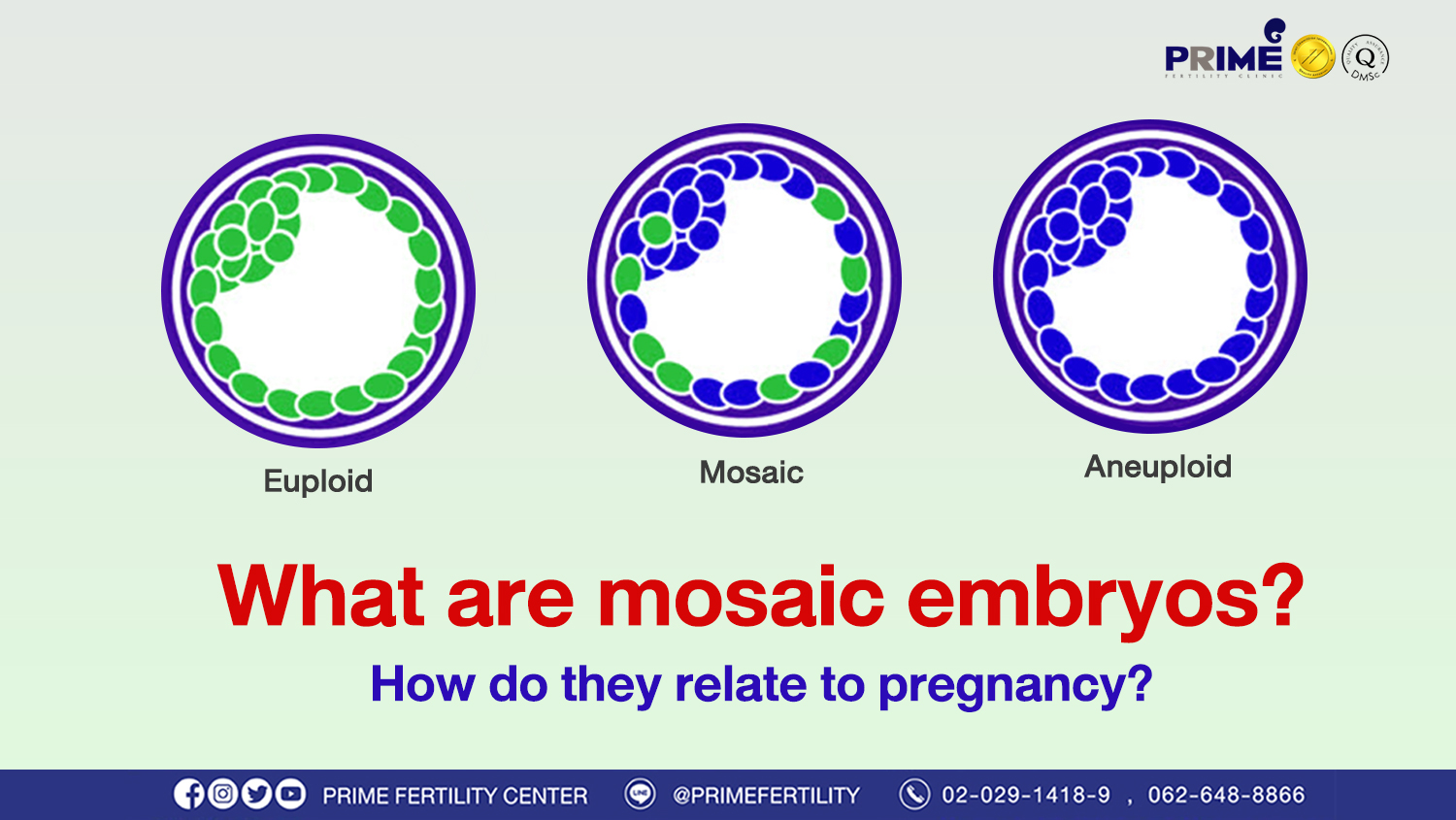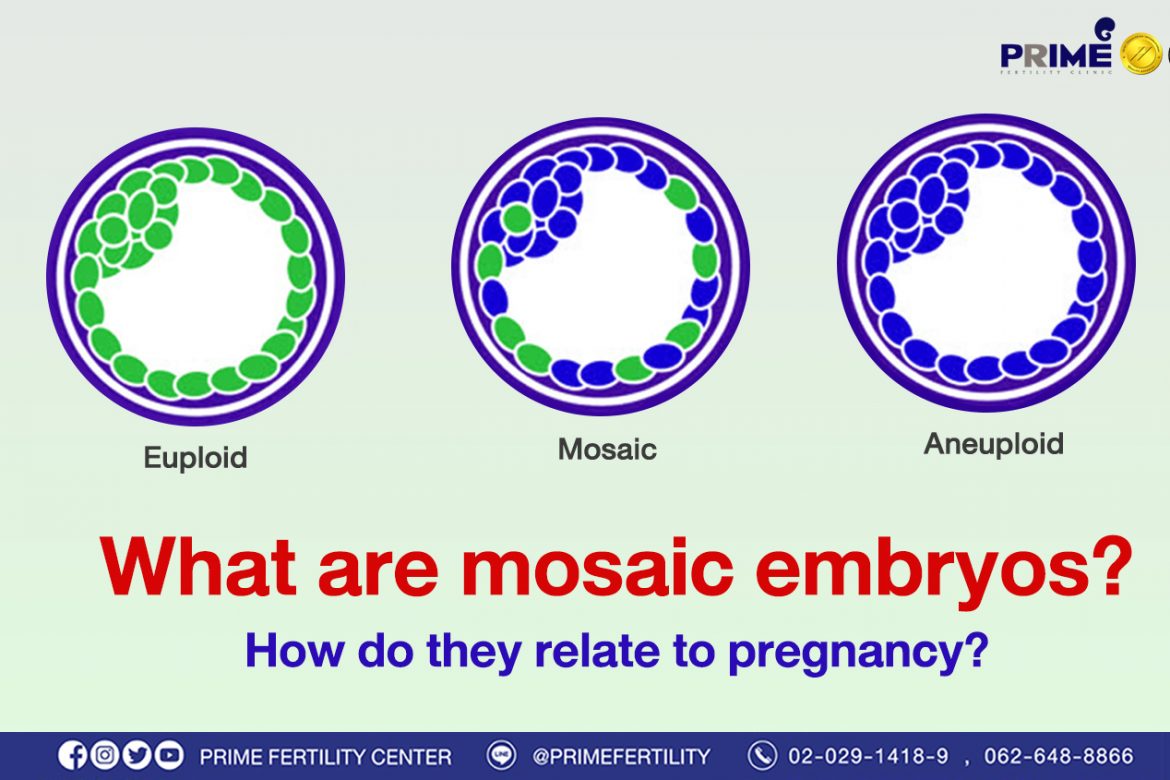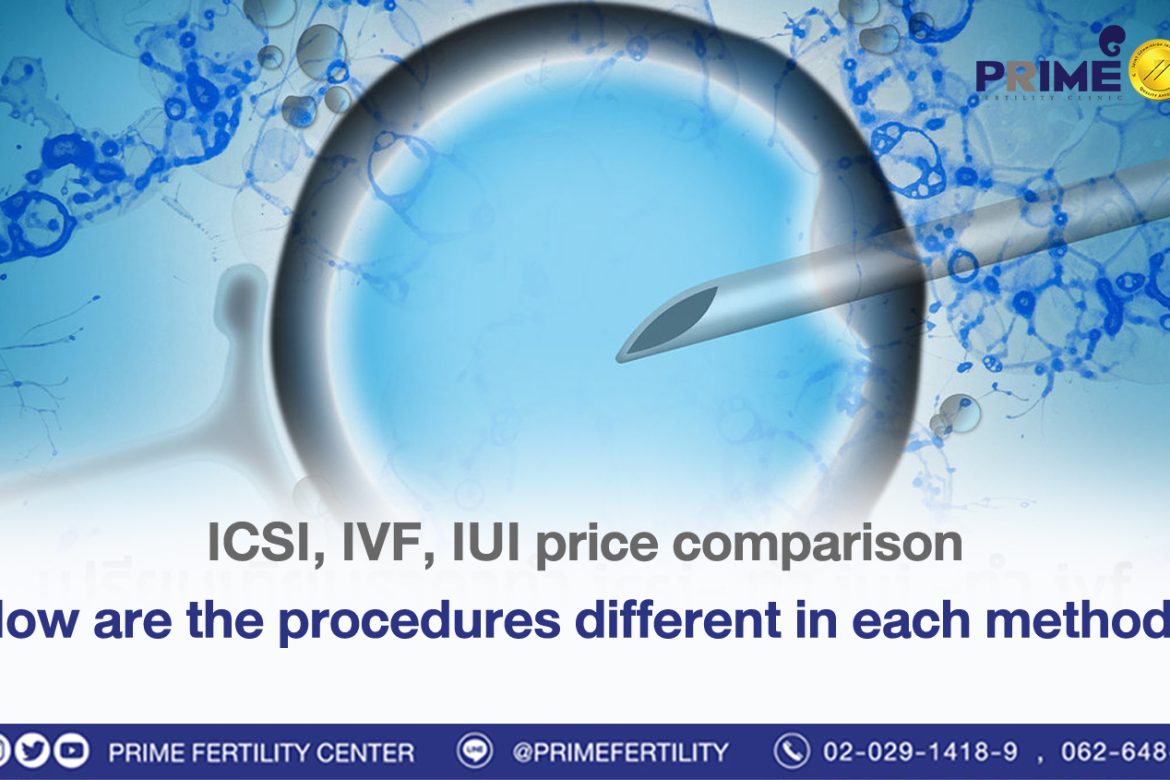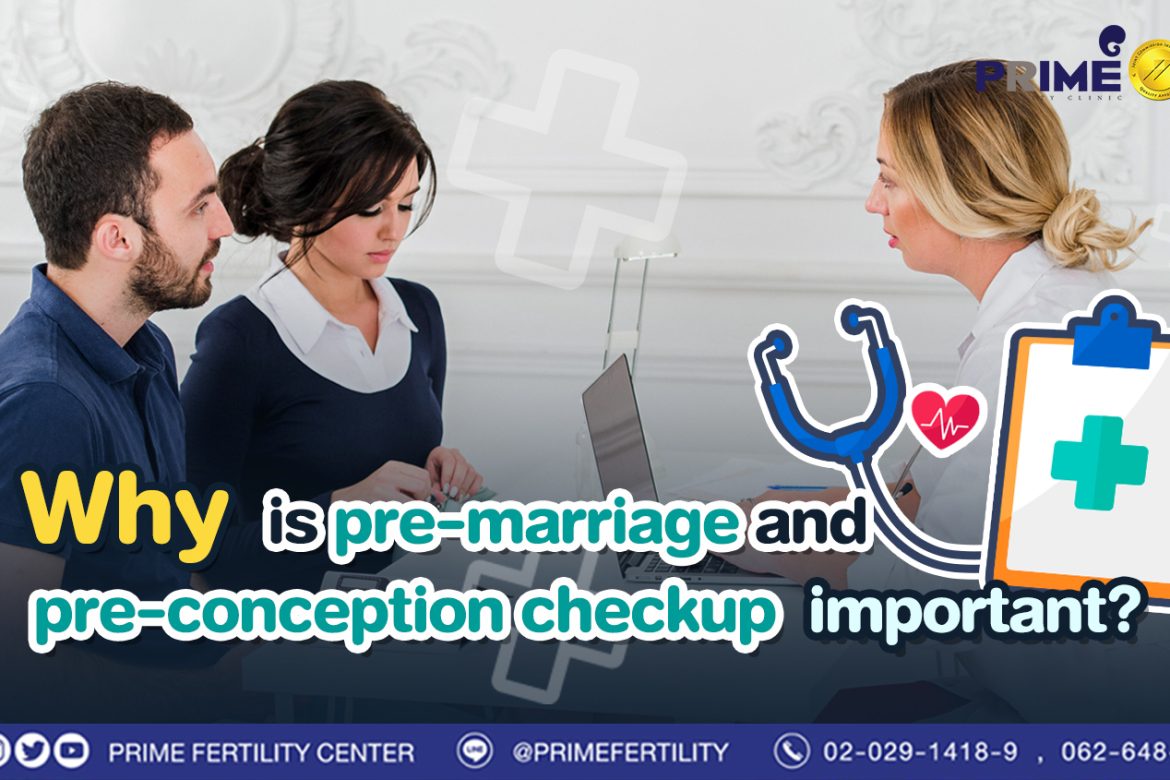After receiving the embryo’s chromosomes testing report (PGS, PGT-A), most of couples expect to get euploid embryos while aneuploid embryos are expected to happen as little as possible. In fact, there is another type of embryos that some people have ever heard. It is “Mosaic Embryos”.

Mosaic embryos mean embryos that contain a mixture of normal and abnormal cells making them unidentifiable exactly whether they are normal or abnormal. Mosaic embryos come from the abnormal cell division of embryos. As a result, some cells have excessive chromosomes while others lack of chromosomes.
Concerning question is if mosaic embryos can be used for embryo transfer?
This issue is very important. A patient needs to understand that the report of mosaic embryos is unclear. A mosaic embryo can be normal or abnormal so that possible subsequent risks and conditions after pregnancy will be considered.
A low chance of pregnancy after mosaic embryo transfer is mostly found. In case of pregnancy, there will be a greater risk of miscarriage as well as an amniocentesis to diagnose genetic disorders of a fetus together with follow-up medical care until postpartum to reassess genetic disorders.
Nowadays mosaic embryos are considered to be used for transfer in case there is no normal embryo at all! But you should avoid using mosaic embryos involving chromosomes 13, 18, 21, X, Y as well as other high-risk chromosomes since these abnormalities are very risky to lead irregularity in newborn.
However, kindly consult with the specialized doctor about detail and appropriateness of mosaic embryo transfer for consideration and making your decision.
–
Reference: Prime Fertility Center Co., Ltd.



